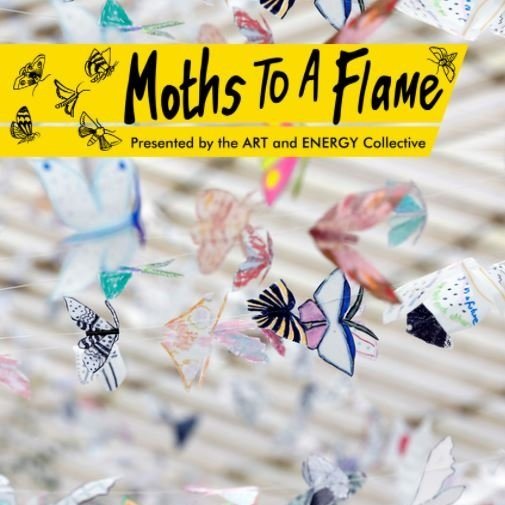Reflections on COP26 by Jake Burnyeat, Trustee, Plymouth Energy Community
Jake’s thought piece from our final Moths to a Flame publication
100,000 people found the strength to take to the streets of Glasgow in solidarity with millions around the world pinning their hopes on COP26 being the pivotal event. It wasn’t. The UNFCC process is unique in bringing the world together to tackle a shared problem on a consensus basis. There lies its hope and its hinderance. Each conference is a painful compromise of conflicting interests. It has taken 30 years and 26 COPs for the first mention of phasing out fossil fuels, but the end of coal is in sight.
By the end of COP26 over 30 countries committed to new car and van sales to be zero emissions by 2040. 90% of world emissions are now covered by net zero commitments. 153 countries put forward new 2030 emissions targets. 91% of the world’s forests are covered by a pledge to end deforestation by 2030. 100 countries pledged to reduce methane emissions by 30% by 2030. Wealthy countries have committed $100 billion per year of climate finance by 2023 to help developing countries mitigate and adapt to climate change. 450 institutions, responsible for $130 trillion of capital, are committed to net zero targets.
The outcome of COP26 would have been a good position to be in 20 years ago.
Global emissions are still rising. The rate of emissions cuts now needed to keep warming within ‘safe’ limits now needs an emergency response, and the commitment needed to urgent action over the next 10 years is still not there. Fossil fuel and short-term economic interests are still slowing the process. And then the pledges must translate into action.
Warming of 2 to 3 degrees within the lifetime of our immediate families is the current realistic outcome. The consequences for food security, health, natural disasters, habitats, migration and the risk of triggering climate tipping points are grim.
What can art do in the face of that? It can help you stop and think. It can bring people together. It can express hope and anger. It can help people imagine a different world. It can inspire people to act. And that’s what it takes to change the world, or a government, or a city, or a town, or a business, or a school, or a house.
150 years ago our whaling fleets hunted the polar seas at the extreme limits of human and technological endurance. Why? For whale oil to light our homes and lubricate our machines. At the time it was the norm. It would have been incomprehensible to most that it would not go on forever. At some point in the future the rusting hulks of oil rigs will be historical artefacts of a grim past, like the whaling stations of the Southern Ocean.
This thought piece has been taking from our final Moths to a Flame publication, available to purchase via the link on this page or in our online shop.
All purchases support the work of The Art and Energy Collective - thank you.





